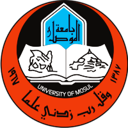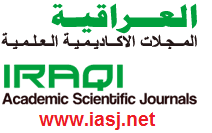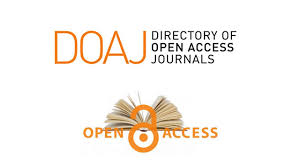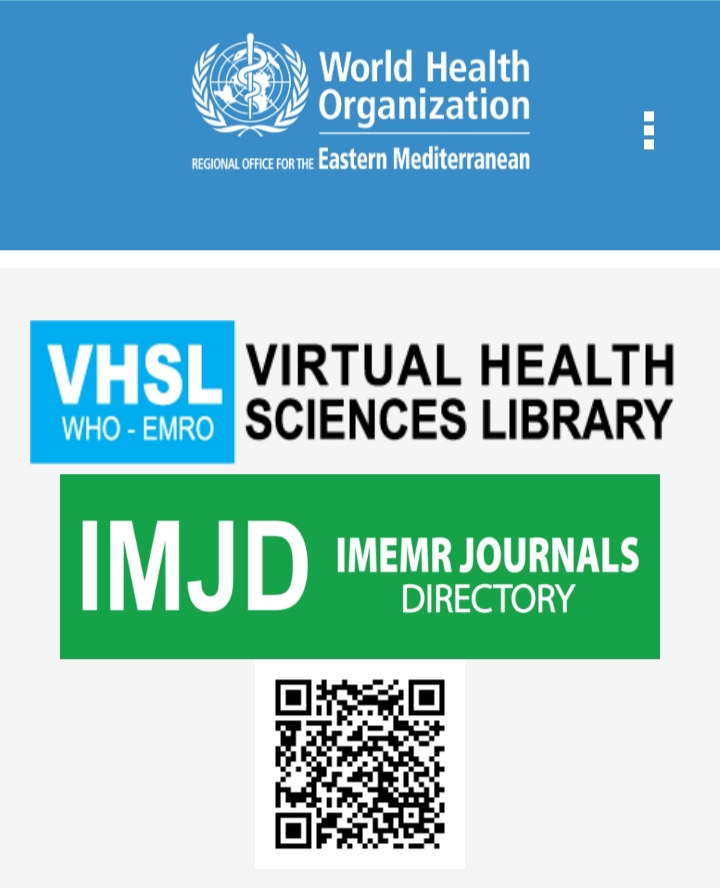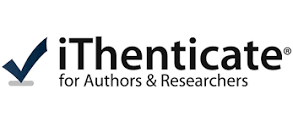Editor and Reviewer Responsibilities
Al-Rafidain Dental Journal (RDENTJ) Aligned with COPE (Committee on Publication Ethics) and ICMJE Guidelines
- Introduction
Al-Rafidain Dental Journal (RDENTJ) is dedicated to upholding the highest standards of scholarly integrity, transparency, and ethical publishing. This policy defines the roles and responsibilities of editors, reviewers, and editorial board members. It aligns with the Committee on Publication Ethics (COPE), International Committee of Medical Journal Editors (ICMJE), and relevant institutional, legal, and disciplinary standards.
- Editorial Responsibilities
2.1 Editorial Independence and Integrity
- Editorial decisions must be based solely on scientific merit, originality, methodological quality, and relevance to RDENTJ’s scope.
- Editors must not be influenced by authors' identity, affiliation, nationality, gender, race, or political background.
- Editorial independence from commercial, institutional, or political influence is strictly maintained.
2.2 Peer Review Oversight
- RDENTJ operates a double-blind peer review
- Editors are responsible for selecting qualified, independent, and conflict-free reviewers.
- Editors must monitor peer review quality and ensure fairness, transparency, and timely communication.
2.3 Confidentiality
- All submitted materials are treated as confidential.
- Editors must not use unpublished material for personal, academic, or financial gain.
2.4 Conflicts of Interest
- Editors must declare any actual or potential conflicts of interest and recuse themselves from decisions where such conflicts exist.
- Editors must not handle manuscripts authored by themselves, close collaborators, or individuals from their institution.
2.5 Ethical Oversight and Misconduct Handling
Editors must:
- Ensure all research complies with ethical standards (e.g., IRB approval, informed consent, humane animal research).
- Actively investigate and address misconduct (plagiarism, fabrication, image manipulation, duplicate publication).
- Apply COPE flowcharts and guidance when handling misconduct.
- Document and transparently communicate outcomes (e.g., retractions, corrections, expressions of concern).
2.6 Authorship and Contributorship
- Editors must ensure adherence to authorship criteria as outlined by ICMJE.
- Disputes over authorship must be referred to authors' institutions or handled according to COPE recommendations.
- Editors may request author contribution statements for transparency.
2.7 Post-Publication Corrections and Retractions
Editors must:
- Promptly correct errors that affect interpretation or reliability.
- Issue retractions when published work is found to be unreliable due to misconduct or honest error.
- Publish expressions of concern when investigations are ongoing.
- Ensure retraction/correction notices are clearly labeled, linked to original articles, and explain the reason.
- Reviewer Responsibilities
3.1 Confidentiality
- Manuscripts must be treated as confidential and not shared without permission.
- Reviewers may not use content for personal or competitive advantage.
3.2 Objectivity and Constructive Feedback
- Reviews must be based on evidence and avoid personal, discriminatory, or inflammatory remarks.
- Constructive suggestions should aim to improve the manuscript’s scientific rigor and clarity.
3.3 Competence
- Reviewers must only accept assignments for which they have appropriate expertise.
- If unable to complete a review properly or on time, they must notify the editor promptly.
3.4 Timeliness
- Reviews should be submitted by the agreed deadline.
- Delays or inability to review must be communicated promptly.
3.5 Conflict of Interest
- Reviewers must declare any conflicts (e.g., financial, institutional, personal) and recuse themselves if appropriate.
3.6 Ethical Vigilance
- Reviewers must alert editors to potential misconduct, including:
- Plagiarism or duplicate submission
- Image/data manipulation
- Unethical research practices
- Concerns should be raised confidentially and supported with evidence, when possible.
- Editorial Board Responsibilities
Editorial board members contribute to the journal’s scholarly direction and ethical integrity. Their roles include:
- Reviewer Selection: Recommend qualified reviewers in their field.
- Strategic Planning: Advise on scientific direction, scope, and journal development.
- Editorial Oversight: Participate in high-level policy decisions and compliance monitoring.
- Advisory Functions: Support authors, respond to reader concerns, and engage in ethical discussions.
- Final Review: Evaluate accepted manuscripts for scientific soundness and ethical compliance.
- Complaints and Appeals: Assist in handling complaints, including those about editorial conduct.
- Editorial Independence
RDENTJ ensures complete editorial independence from:
- Advertisers or commercial sponsors
- Political entities or institutional pressures
- Authors’ status, influence, or affiliations
Editorial decisions are made solely based on scientific merit and ethical compliance.
- Conflicts of Interest and Multiple Editorial Roles
6.1 Competing Editorial Appointments
- Editors and board members must disclose other editorial roles.
- They must not participate in editorial decisions in overlapping journals or topics.
6.2 Disclosure Requirements
- All editorial staff must submit and update conflict of interest disclosures, covering:
- Financial relationships
- Editorial or advisory roles in other journals
- Affiliations with commercial or regulatory bodies
- Peer Review Transparency and Best Practices
- RDENTJ follows a double-blind peer review process.
- Review criteria and reviewer expectations are shared with reviewers.
- Editors may provide reviewer training or guidance when necessary.
- Authors are given the opportunity to respond to reviewer feedback during revision.
- Reviewer identities remain confidential unless the journal adopts an open peer review model (not currently in place).
- Appeals and Complaints
8.1 Appeals
- Authors may appeal editorial decisions in writing, providing justification.
- Appeals are reviewed by the Editor-in-Chief and/or a designated ethics committee.
- Appeals are handled impartially, following COPE procedures.
8.2 Complaints
- Authors, reviewers, or readers may submit complaints regarding editorial conduct or publication ethics.
- The journal commits to fair, confidential, and timely resolution of complaints.
- Whistleblower Protection
- Individuals who report suspected misconduct are protected from retaliation.
- RDENTJ ensures confidentiality and impartial handling of allegations.
- Anonymous or pseudonymous reports may be considered if supported by credible evidence.
- Training and Continuous Improvement
- Editors and reviewers are encouraged to participate in ongoing training on:
- Peer review
- Research integrity
- Publication ethics (e.g. via COPE webinars, ICMJE guidance)
- RDENTJ regularly reviews and updates its policies to align with evolving best practices.
- Data Availability and Reproducibility
- Editors will promote transparency and reproducibility by encouraging or requiring:
- Author data availability statements
- Use of standard reporting guidelines (e.g., CONSORT, PRISMA, STROBE)
- Depositing datasets in recognized repositories where appropriate
- Authorship and Contribution Transparency
- RDENTJ follows ICMJE authorship criteria.
- Editors may request:
- Author contribution statements
- Acknowledgment of non-author contributors
- Disputes about authorship are referred to the authors' institutions or addressed per COPE guidance.
- Intellectual Property and Copyright
- Authors retain copyright under a [license type — e.g., CC BY-NC].
- Editors ensure:
- Proper use of third-party material
- No text/data reuse without permission or citation
- No simultaneous submission or redundant publication
- Plagiarism screening tools are used at the submission stage.
- Policy Review and Versioning
- This policy is reviewed annually or as needed based on changes in ethical standards.
- Significant updates are versioned and timestamped.
Last updated: October 1, 2025
